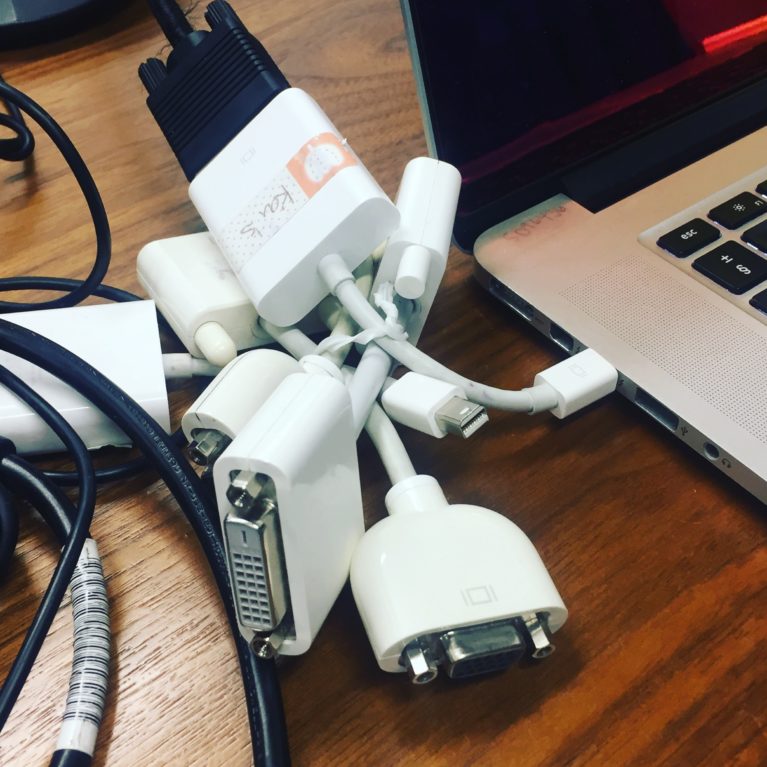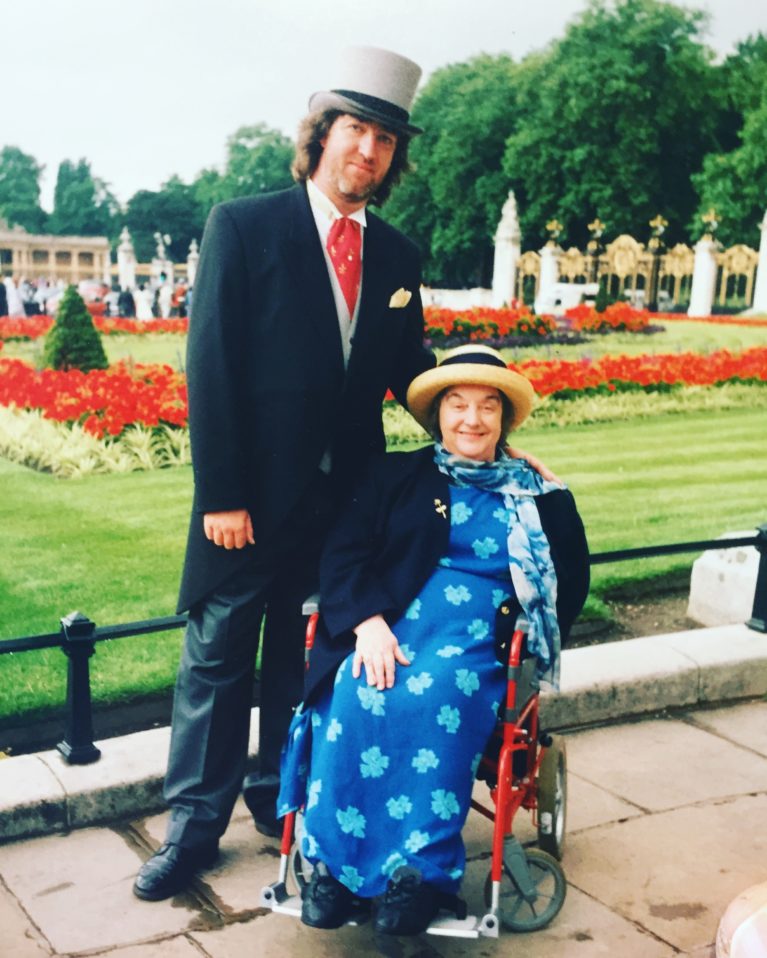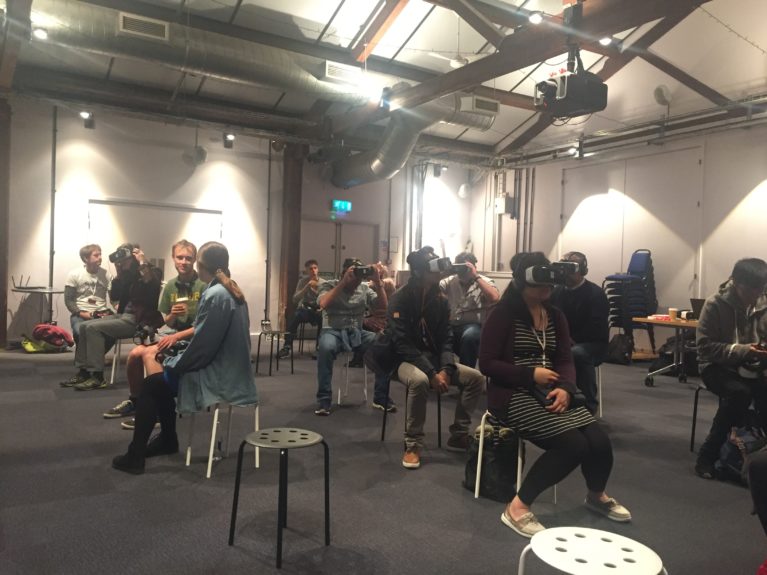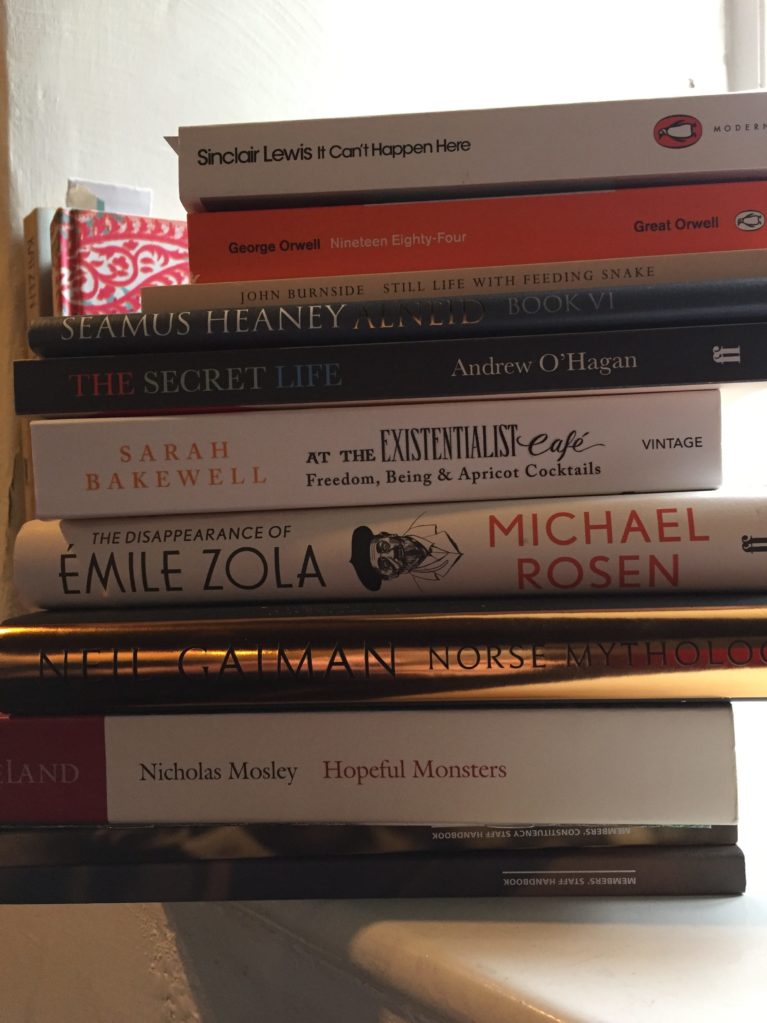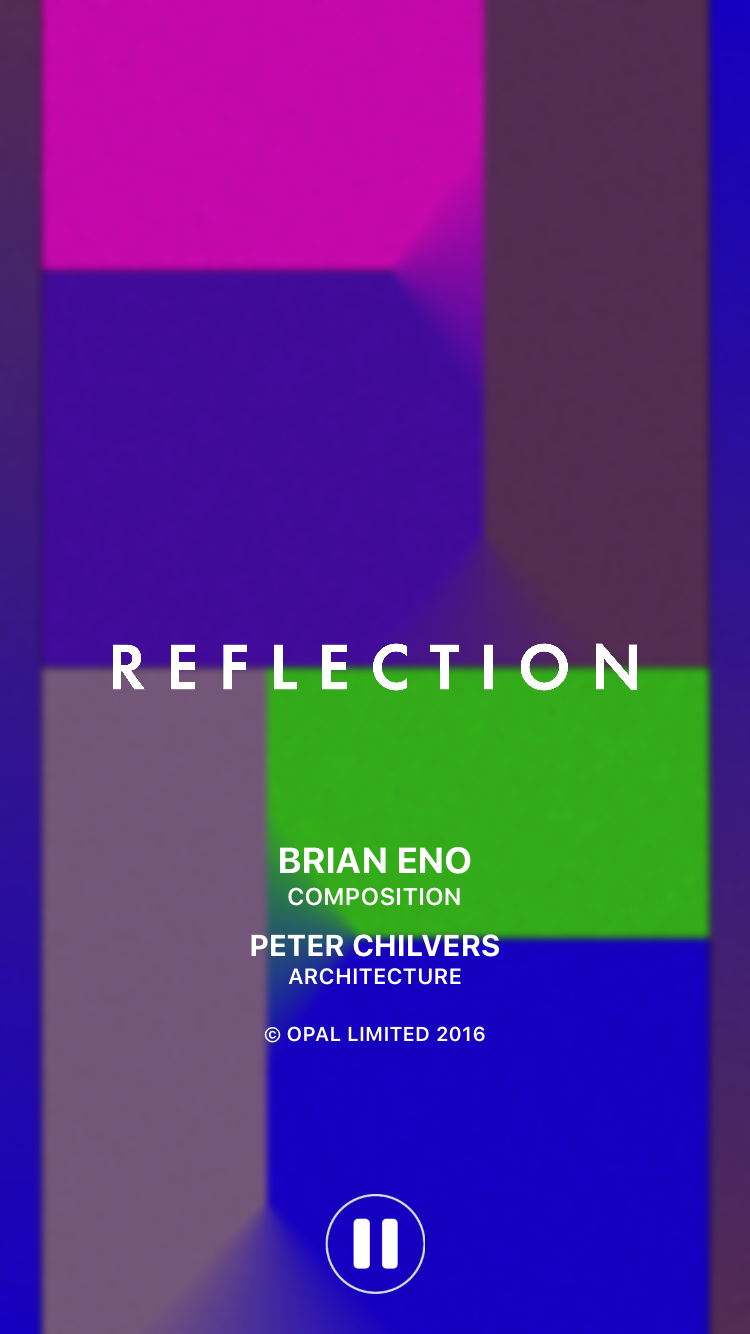Anyone who has followed my writing, talks and broadcasting over the last two decades will know that I have a very consistent view of the ways in which we need to manage the Internet (I’ll grant myself the privilege of using an upper-case I to talk about the network I’ve been living and working with since the mid-80’s – it remains a singular thing to me) in order to make it work for people and society.
From my pamphlet on the mutualism of the Internet for the Cooperative Party in 2000 (https://medium.com/@billt/e-mutualism-or-the-tragedy-of-the-dot-commons-489bfbd965ea), through my inflammatory essay for The Register in August 2002 (https://www.theregister.co.uk/2002/08/09/damn_the_constitution_europe_must/) , and my Cybersalon Christmas Lecture at the ICA later that year (https://medium.com/@billt/in-december-2002-i-gave-the-cybersalon-new-media-knowledge-christmas-lecture-at-the-institute-of-97f7510e4eb8), and on through many columns, talks and extemporised rants over the years, I’ve argued that we need to create rules that allow us to deliver a network that genuinely supports free expression, and that this requires engineering effort, because a dumb, unregulable, end-to-end service that simply delivers bits does not properly serve the public interest.
I’ve always argued that we don’t get free speech by having no rules online, but by building a network that can have rules applied and then winning the political arguments for laws and regulations which guarantee that free speech, within the bounds of a specific group, country or culture, and according to their agreed standards.
